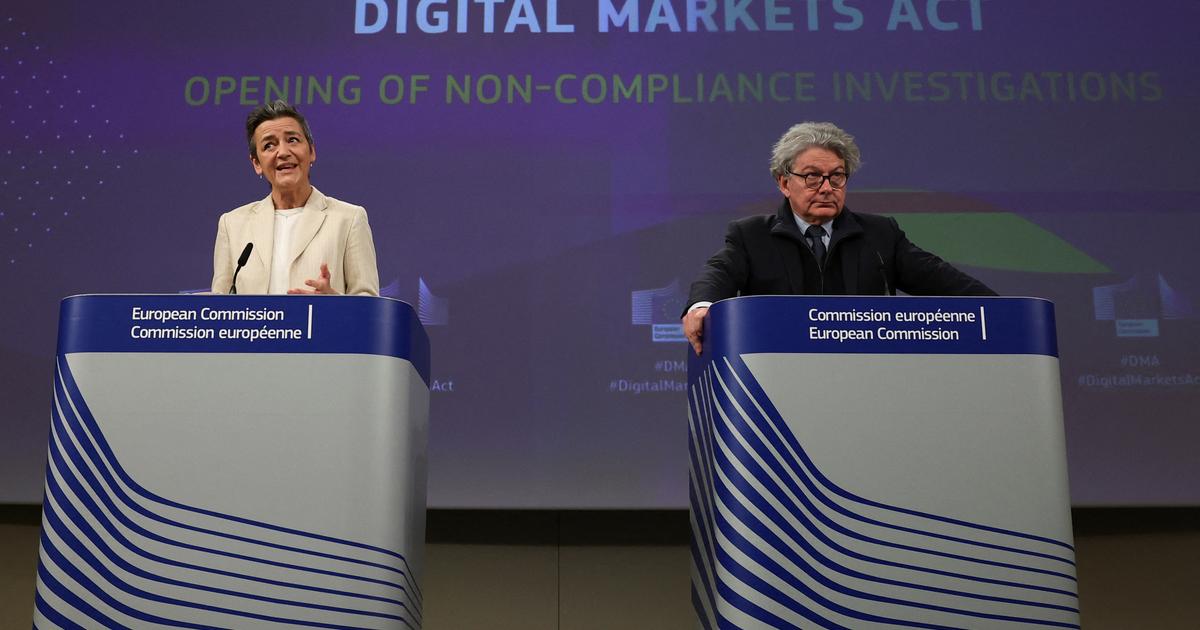Who will bear the bill for the European Commission's recovery plan? Emmanuel Macron hammered it: " It is not the French taxpayer who will pay it ", and " new own resources " of the Union will make it possible to cover these additional expenses. Among the avenues put forward include the creation of a plastic tax, that of a carbon border mechanism, as well as a “ digital tax ”. This last point raises a number of questions, both political and economic, and promises difficult discussions between the Member States.
Read also: European agreement: the delicate equation of reimbursement
The problem of low taxation of digital companies has been known for a long time. It is also regularly recalled by publications on the low tax paid by these groups, which are nevertheless flourishing thanks to perfectly legal but contested tax optimization mechanisms. " We are witnessing a change of epoch, and this is the result of France's efforts to put the subject of the taxation of digital giants on the international agenda ", declared Gérald Darmanin in September, after an agreement with Google allowing the tax authorities to recover a “ record ” amount . However, the game is far from won for the tax authorities: last month, the Court of Justice of the European Union overturned the Commission's decision obliging Apple to reimburse 13 billion euros in back taxes. to Ireland. The European executive regretted this decision.
To remedy this low taxation, the creation of a digital tax at European level has already been proposed in the past. In March 2018, the Junker executive presented two legislative proposals aiming to fairly tax the digital giants in Europe. The first would be " reformed rules for corporate taxation in such a way that profits are registered and taxed where companies have significant interaction with users through digital channels ." The second proposal would have created an “ interim tax ” pending an OECD-wide reform. It would have made it possible to " immediately generate revenue for the Member States ". The negotiations had failed, however: Germany, in particular, feared to suffer trade sanctions from Washington, its main export partner, ahead of Paris.
The situation has since changed, giving the EU executive cause for hope. First,
This article is for subscribers only. You have 76% left to discover.
Subscribe: 1 € for 2 months
Cancellable at any time
Enter your emailAlready subscribed? Log in









